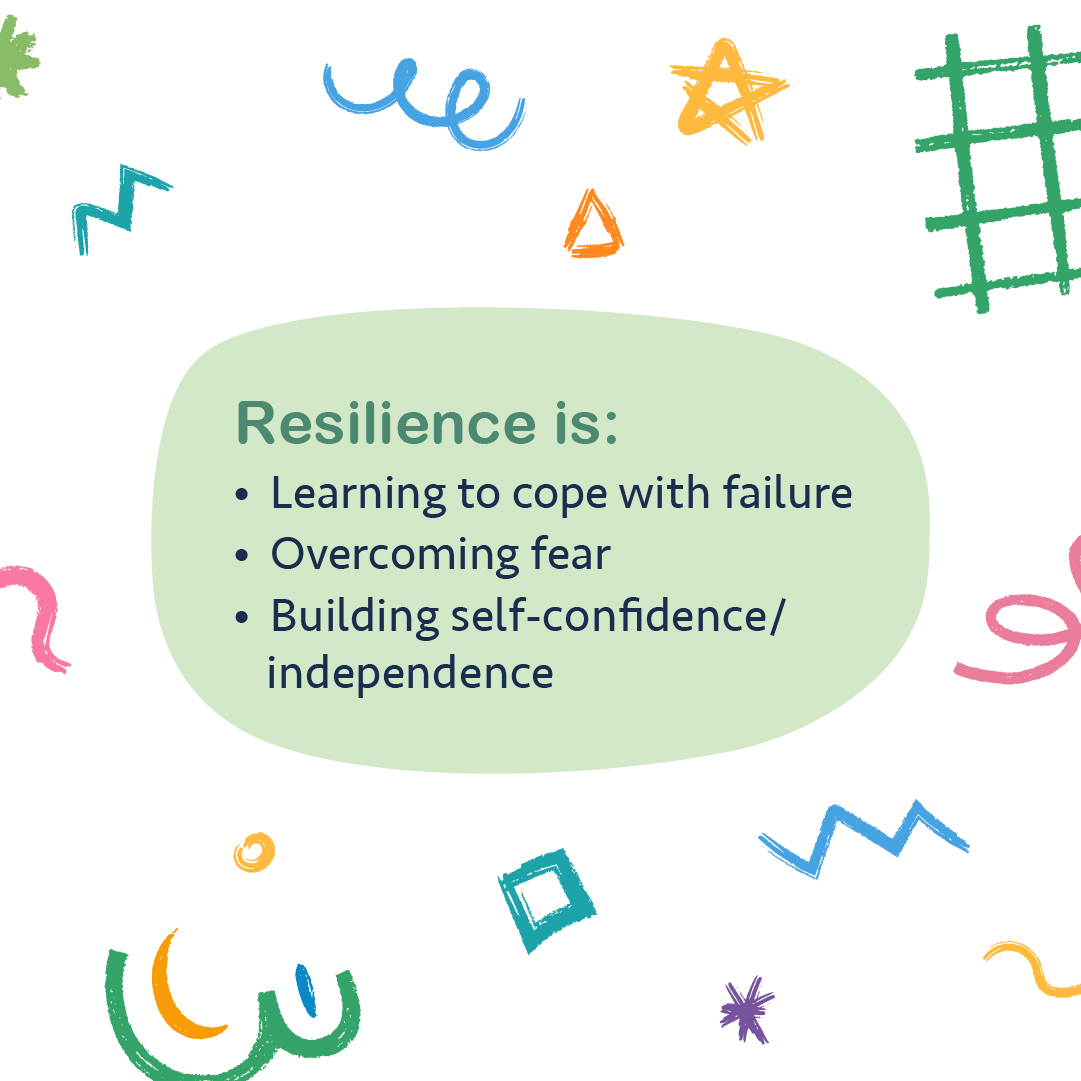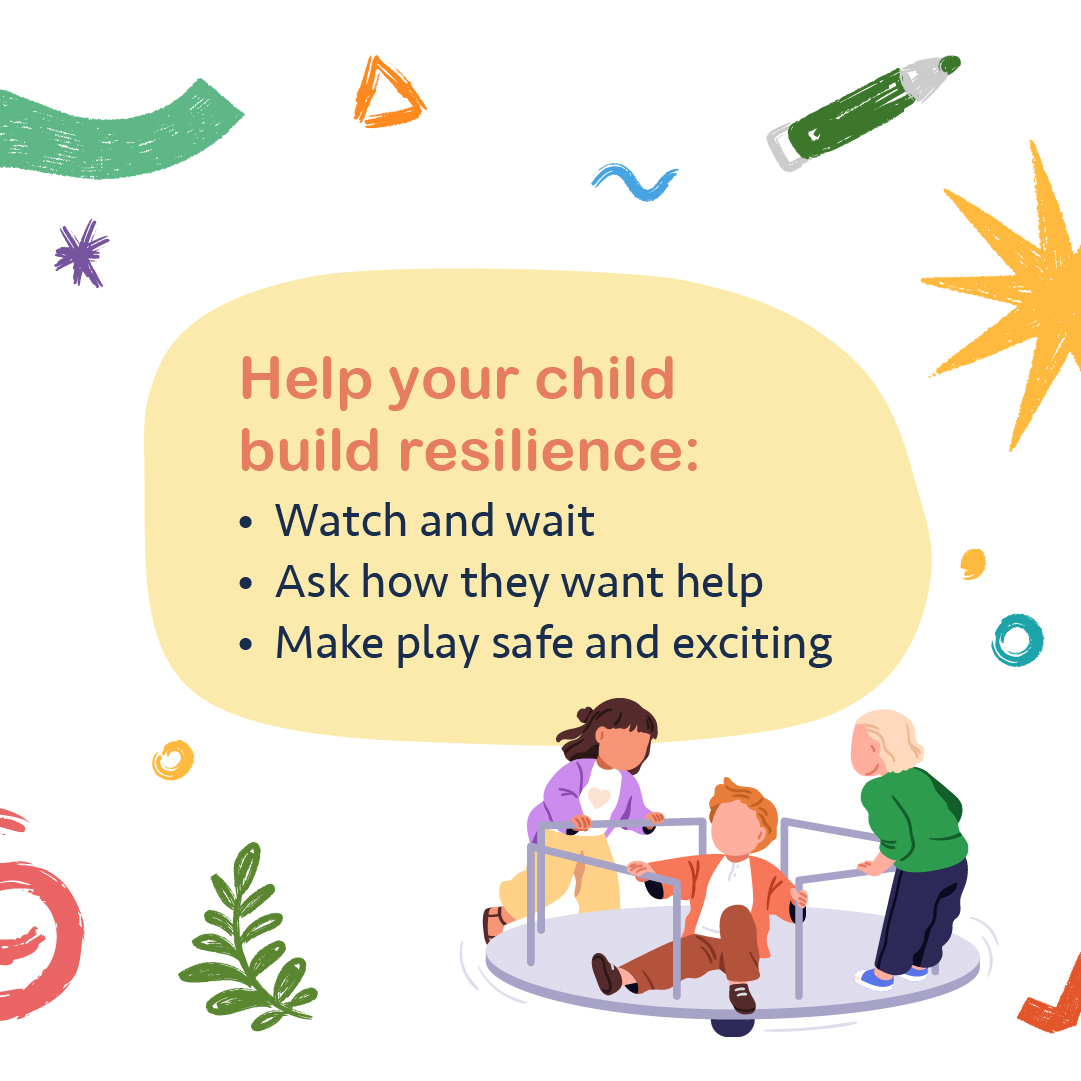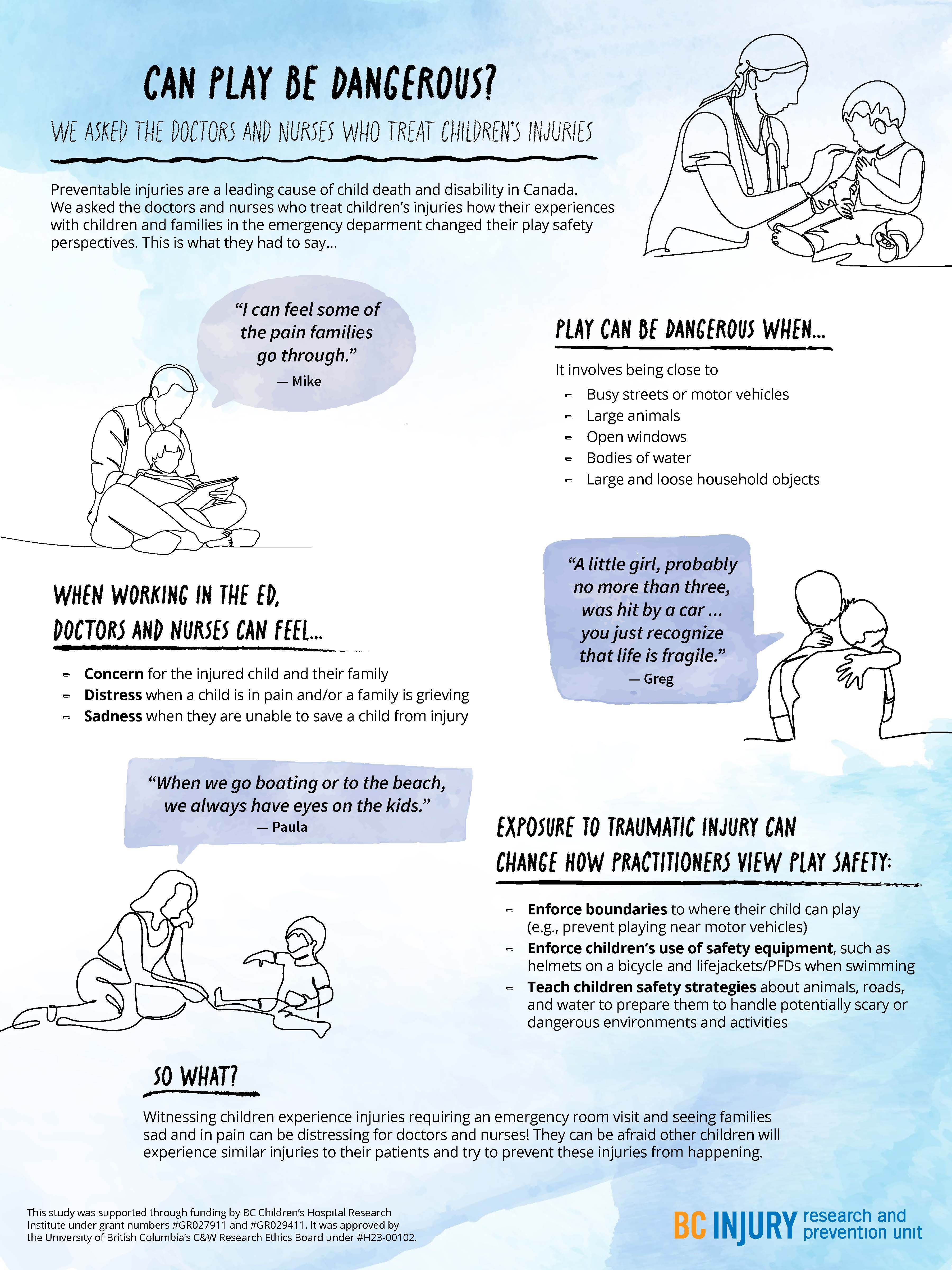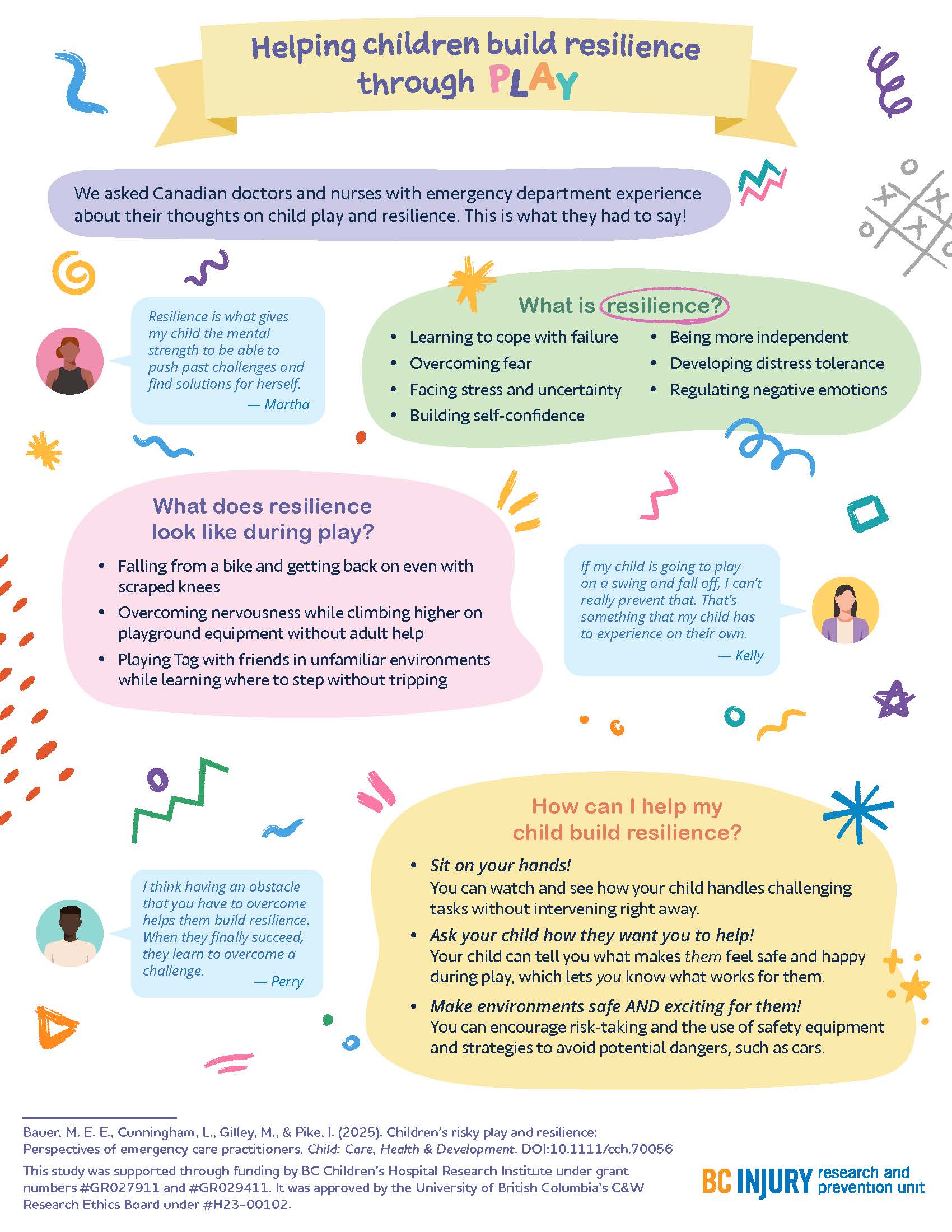Beat the heat – and prevent drowning this summer

Summer is here in full force. Hot weather and water—what a perfect combo! But a perfect day can turn not so perfect in an instant.
In British Columbia (BC) each year, an average of 78 people die from drowning. These incidents peak during the summer months.
Young males and kids under 5 are at the highest risk of drowning. Surprisingly, drownings can happen quickly and quietly, unlike what we see on TV and in the movies.
As you're getting ready for a fun day by the lake, beach, or even at home, here are some reminders on how you can prevent drowning and heat exhaustion.
Drowning Prevention

Swim smartly: Even strong swimmers can get swept up in strong currents or overestimate their ability. When you’re at the beach, do not swim in large waves or strong undertows. Swim with a buddy only in designated areas with a lifeguard present.
Wear a Lifejacket or PFD: When boating, model the behaviour you wish to see in your kids—everyone should wear a PFD!
- Lifejacket vs. PFD: Lifejackets will turn you over on to your back even if you are unconscious. PFDs are lighter and less bulky, but they are only approved for recreational use and automatic inflatable PFDs are only for persons over the age of 16 years.

Put the phone away: Most drownings in young children happen when there is no one supervising them or the supervisor is distracted.
- Actively supervise kids at all times in or around water. Young children or weak swimmers should be within an arms-length of caregivers; provide “touch supervision.”
- Very small kids can drown in as little as 2.5 cm (1 inch) of water. Remember to drain wading pools and empty containers of water after use.
Stay sober: Refrain from using alcohol or drugs before or during swimming or boating activities. Save the alcohol for when you’re docked.
Sun Safety
Be alert: Know the signs of heat exhaustion: headache, dizziness, confusion, unsteadiness, loss of thirst, rapid breathing and heartbeat, nausea or vomiting, and decreased urination with dark yellow urine.
Remember the S’s: Always remember to wear sunscreen, sun hats, and sunglasses. Sunscreen should be 50 SPF or greater and should be re-applied frequently, especially if you’re going in the water.

Dress appropriately: Dress in lightweight, breathable materials. Kids should wear long sleeves to provide extra protection from the sun. Tying up long hair can allow for better air flow to evaporate sweat.

Eat “cooling” foods and drinks: Raw veggies and fruits can hydrate and cool you at the same time – such as cucumber slices and watermelon. Make homemade popsicles. And of course, remember to drink water regularly before you feel thirsty.
Call Grandma: Remember to check on loved ones, especially older adults with underlying health conditions, those who are pregnant, have limited mobility, or people who live alone.
Stay inside: If you do go out in the sun, plan to be outside during the cooler parts of the day. Around 5 PM is when it’s the hottest.

- BC Coroners Service. Accidental Drowning Deaths 2013–2023. Published June 25, 2024. Available https://www2.gov.bc.ca/assets/gov/birth-adoption-death-marriage-and-divorce/deaths/coroners-service/statistical/240619_accidental_drowning_web_report_2013-2023_for_posting.pdf
- BC Children’s Hospital. Don’t sweat it – Keep cool this summer. June 24, 2022. Available http://www.bcchildrens.ca/about/news-stories/stories/don%E2%80%99t-sweat-it-%E2%80%93-keep-cool-this-summer
- Lifesaving Society. BC 2020 Drowning Report. Available from: https://www.lifesaving.ca/cmsUploads/lifesaving/File/Lifesaving_Drowning-2020_BC_En_.pdf
- Lifesaving Society. BC & Yukon Drowning Board and Map. Available from: https://www.lifesaving.bc.ca/drowning-board-map
- BCCDC. Preparing for dangerous heat. July 28, 2021. Available http://www.bccdc.ca/about/news-stories/stories/2021/preparing-for-dangerous-heat
- BC Government. Be Prepared for Extreme Heat. Available from: https://www2.gov.bc.ca/gov/content/safety/emergency-management/preparedbc/know-your-hazards/severe-weather/extreme-heat
Icons from Freepik | Flaticon.com
- distress when a child was in pain and when a family was grieving; and
- sadness in the event they were not able to save a child in their care.
- concern for the injured child and the child’s family;
Particularly traumatic events, such as those involving vivid sights and sounds (e.g., families holding each other and having extreme reactions), stuck with the practitioners, having long-lasting impressions on them and causing them to re-live these events in the years following their exposure.
Even after their shift was over, practitioners said that they changed how they approached parenting and how they perceived safety during play as a result of witnessing these traumatic events. They reported having more knowledge of the causes and consequences of severe injuries, such as those that require hospitalization or emergency care. For example, practitioners were more likely to enforce boundaries around where their children could play, such as by forbidding their child to play near busy streets. They also were more likely to tell their child about safe play environments and equipment, and put this equipment on their child before play, such as explaining the benefits of using helmets while riding bikes.
Practitioners were more likely to enforce boundaries around where their children could play, and use safety equipment, such as bike helmets.
Practitioners also described being concerned about their children’s play near open windows, around large bodies of water unsupervised, and in environments where firearms were present. They also expressed worry about their children’s play on trampolines and on motorized vehicles, such as ATVs. Findings related to trampoline play safety concerns were published in the journal Injury Prevention.
Observing family grief due to child injury or death affected the mental well-being of health care practitioners, drawing attention to the need for mental health supports for those involved in caring for severely injured and dying patients.


"Raise more resilient children through play...watch and see how your child handles challenging tasks without intervening right away." —Dr. Michelle Bauer
Building resilience through play
How can parents help their children build resilience? By letting them play!
The experiences that practitioners witnessed encouraged them to support their children in building resilience through play; specifically, by supporting children in learning to cope with failure, overcome fear, build self-confidence, develop distress tolerance, and regulate negative emotions. Findings related to building resilience through play were published in the journal Child: Care, Health, and Development.

Parents fostered resilience in their kids by:
- helping their kids get back on bikes after they fell off and wanted to try again;
- sitting on their hands so they did not instinctively reach for their children when their children fell down; and
- encouraging participation in challenging and thrilling activities in forests and water while safety equipment was used.
"There are a few ways that parents can raise more resilient children through play that are supported by literature and our study findings," said Dr. Bauer. "One: watch and see how your child handles challenging tasks without intervening right away."
"Two: Ask your child how they want you to help—let them tell you what makes them feel safe and happy during play. Let them lead. And three: make play both safe and exciting by encouraging risk-taking, teaching them how to avoid hazards, and using safety equipment.”
This research was supported through Drs. Bauer’s and Gilley’s receipt of a clinical and translational research seed grant from the BC Children’s Hospital Research Institute (BCCHR), Dr. Bauer’s BCCHR postdoctoral fellowship award, and additional training provided to Dr. Bauer through her participation in the Programs and Institutions Looking to Launch Academic Researchers (PILLAR) program through ENRICH, a national organization training perinatal and child health researchers.
Learn more about the study through two infographic posters:
Graphics and posters by Milica Radosavljevic











